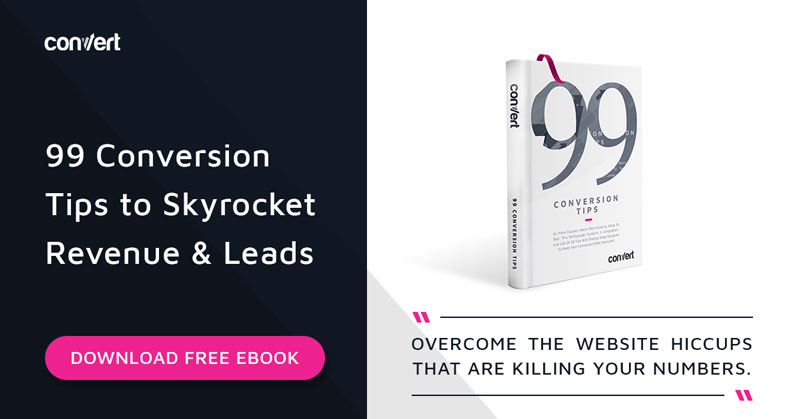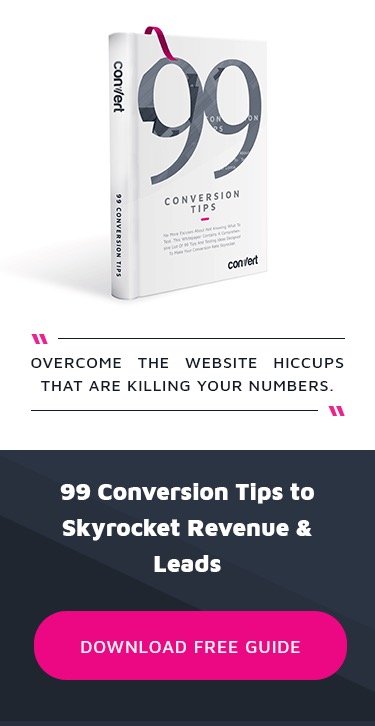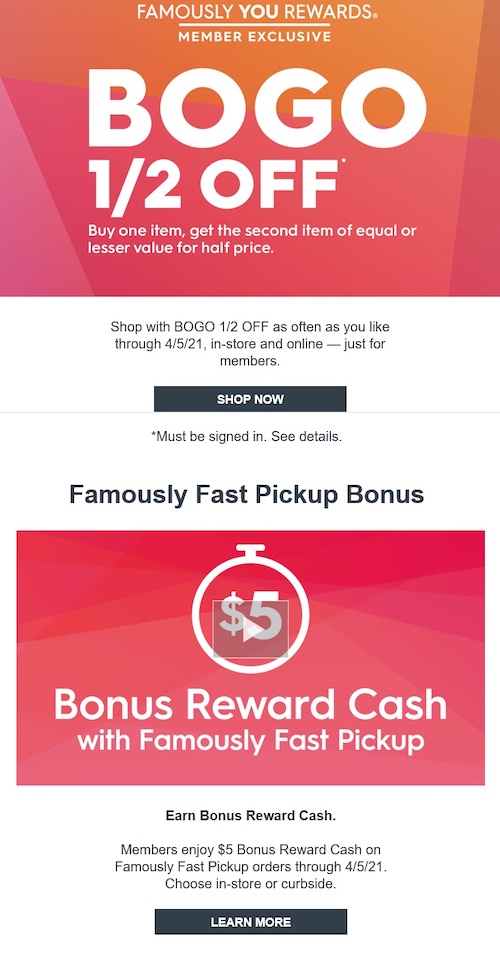The bottom line is: personalization drives business growth.
According to Campaign Monitor, emails with personalized subject lines are 26% more likely to be opened and marketers have found a 760% increase in email revenue from segmented campaigns.
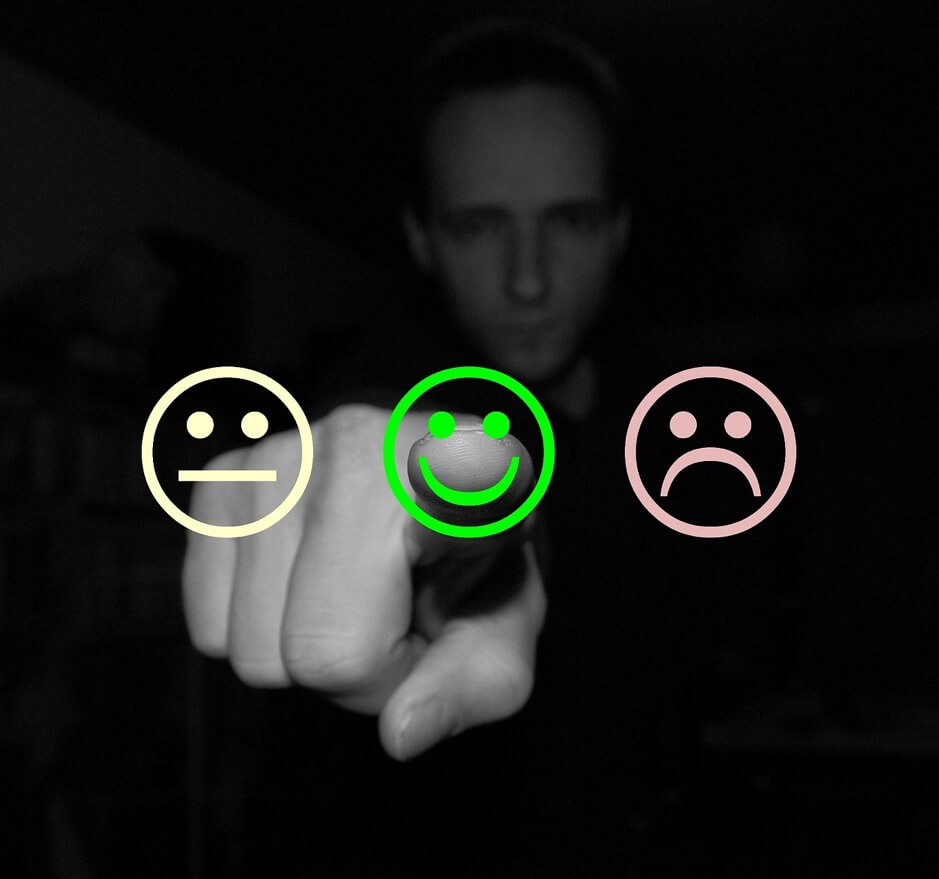
Gamifying personalized marketing emails can help to better entertain, educate,motivate and build up anticipation amongst your audience. Interactive emails are the way to go.
It doesn’t matter if your focus is retail, SAAS, media or business services, the killer combo of technology and big data has completely revolutionized the personalization possibilities.
A methodical approach needs to be used as you work to personalize messages. Delivering variations of content helps a lot in validating insights.
- Demographic data is gathered by asking customers for information or through the use of integrations with social platforms like Facebook.
- Contextual targeting is more focused on information like what device the user utilizes and their geographic location. For example, a local travel app could hone in and first display all open restaurants in an app user’s vicinity.
- Behavioral segmentation focuses on the actual behavior of the user in order to customize their experience. For instance, an app could know to display a specific product that you previously purchased the next time it goes on sale.
The sky’s the limit once equipped with customer’s profile information, purchase history, reading history and notable similarities with other like-minded customers.
Talk about mortifying!
1. Gamifying Emails
However, not all consumers crave personalization and or appreciate the overly aggressive tactics that are cropping up left right and center. There are plenty of instances where not personalizing experiences is the much better choice. One-on-one attentiveness is great, until it isn’t.
Major companies like Amazon, Netflix and Spotify have just about perfected the art of fine-tuning personalized recommendations. You can look into using machine learning,recommendation algorithms and A/B testing to personalize just about any customer experience – retail clothing, movies, books, recipes, articles, groceries…
And as it relates to your business’ role in addressing the Privacy Paradox, you must strive to be transparent and only collect data that directly impacts your ability to make prospects and customers to feel better understood and at ease with your product or service. Always try to be thoughtful with your marketing.
You may be wondering – if you don’t exactly sell “products”, how does this genius personalization tactic work for you? Well, how about:
And if you’ve ever shopped in a jam packed thrift store, you’re likely able to appreciate why. A huge benefit of personalized recommendation is that it helps to prevent consumers feeling overwhelmed by too many options. Carefully narrowing down the choices prevents some customers from giving up and going to browse a competitor’s site instead.
According to a 2016 Infosys report, 74% of customers reported feeling frustrated when website content was not personalized. A more recent study by Accenture highlighted the importance of recognizing and remembering the browsing and purchase histories of your customers so that you can suggest relevant products to them. In a 2017 report, it was disclosed that 44% of people were likely to become repeat buyers after enjoying a personalized shopping experience. Additionally, 40% of U.S. consumers reported purchasing something more expensive than originally planned, all because their experience was pleasant and personalized.
2. Recommending Relevant Products on Your Website
Striking the right balance needs to be at the top of your agenda as you go forth on your quest to enrich individual experiences. Simple minimal risk personalization strategies are the way to go in the beginning as you spend time researching how customers react to personalization from your brand.
You can let A/B testing lead the wagon for personalization, allowing thistradtional approach to pin point elements ad experiences that perform well for certain segments. Now that you more or less grasp the basics of personalization, let’s dive into a mix of areas where it can be used to boost your business’ growth.
Below is an example of an engaging riddle created by e-retailer Modcloth in an effort to drum up interest in their new styles. They try to appeal to animal lovers and pet owners with their adorable puns. Some might argue that it doesn’t quite make sense since they’re not selling pet clothing, but they do know that their clientele will surely appreciate references to their furry friends and enjoy browsing for their signature style in a more hands-on, interactive way!
Personalization of visual content is guaranteed to help you stand out and better connected with your audience. Regardless of industry you can create great customized videos based on personalized user data.
- Recommended Next Blog to Read
- Recommended ways to navigate your website based on desired outcome from your service/solution.
- Recommended Next Course to Take (Udemy anyone?)
With stats like these, it’s no wonder everyone is trying to jump on the personalization bandwagon to increase conversions. But, to effectively personalize, you first need access to segmented data on your audience. This can be demographic, contextual and behavioral in nature:
3. Personalized Videos
@kimlockhartga’s tweet shows this case in point.
Personalized emails are one of the main tactics used to strengthen customer experiences. So much stands to be gained from sending the right content to the right people at the right time.
Consumers have reported being much more likely to support an online or offline brand that actively personalize their shopping experience.
The numbers don’t lie. And lucky for you, personalization of email campaigns has been worked out almost down to a science. The combination of segmented customers, adapted persuasive content and easy email automation is seemingly unstoppable.
Other Considerations…
Click here to view a Vidyard holiday video that personalizes a seasonal theme to interact with customers in a jovial and light-hearted manner.
A personalized follow-up video with you holding a sign that has your recipient’s name on it is much more likely to have an impact when nurturing new leads. Small and large customizations both make a difference.
What are your thoughts? Be sure to get a head start brainstorming better ways you might be able to gamify content for your own email outreach.

Visual learners are said to be the most common type of learner, making up 65% of the world’s population. Maybe this explains why so many consumers love videos. In fact with over 500 million hours of video being watched on YouTube every day, it makes perfect sense that video marketing is booming.
As mentioned before, personalization’s end game is to craft messages and offers that promote business growth. So much stands to be gained from customizing communication channels. It’s no wonder customer-centric marketing continues to be a key trend in 2019.
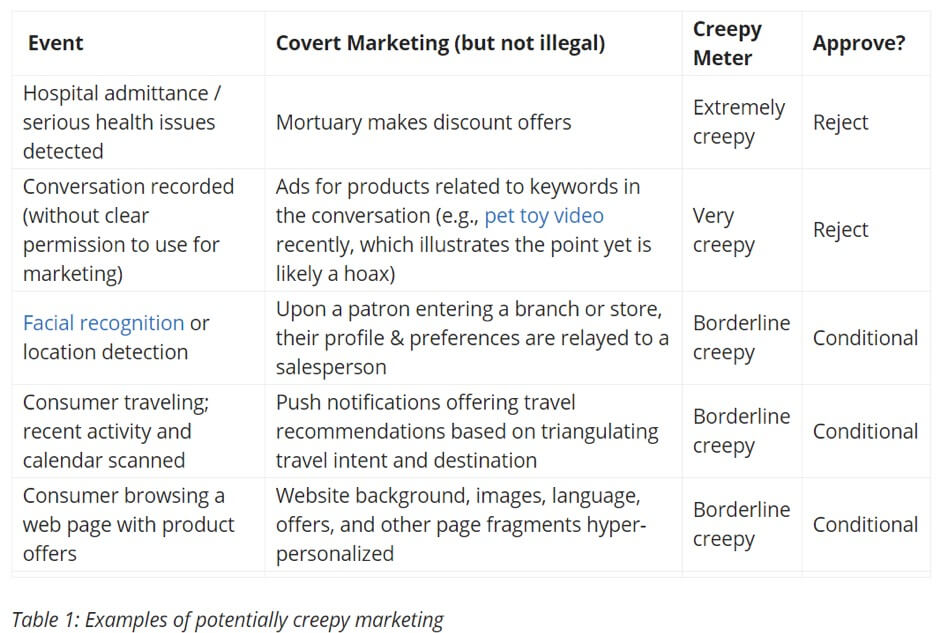
At its core, personalization refers to customizing a person’s experience to cater to their individual needs and desires based on in-depth information and insights. Could you see something similar working well for your business?
This example is common enough for it to have made CustomerThink.com’s table of creepy marketing examples.
